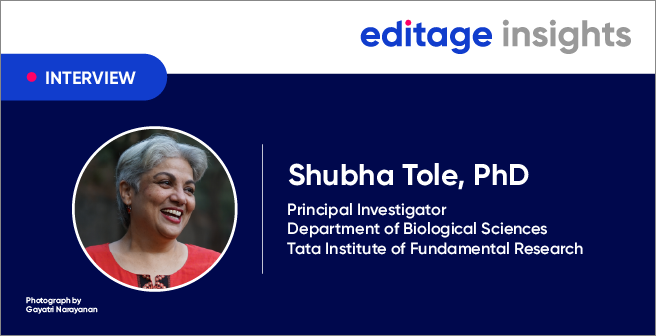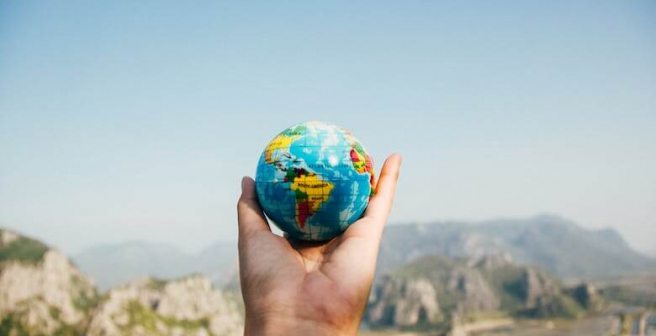I spent a whole week in Paris learning how to network

As part of my general attempt to make a career for myself in science, I’ve learned that one of the most useful things to do is to make friends. Not only is this a nice way of spending my time, but it provides lots of opportunities, both now and in the future. This isn’t a very groundbreaking concept – “networking” is obviously a huge deal in most sectors. But I think many young researchers shy away from the idea just because of this – networking is, in their minds, sleek managers in fancy suits flashing business cards at each other at a champagne reception party. And indeed it can be, but it doesn’t have to be.
My idea of networking is simply to go out there and make new friends. Chat with some other researchers at the bar after the conference session is finished. Ask the people next to you if they’re going for dinner and if you can join. Apply for opportunities to go abroad (I’ll get back to that). Sometimes this takes a lot of effort; I’m not naturally a very outgoing person and I’ve had to work with myself to make it easier to meet new people and socialise. I’ve had to teach myself to be more confident, how to dress (and to accept the fact that this matters a bit), and how to approach new people in a way that will maximise the chances of them liking me. I did a lot of the standard self-help reading stuff – believe in yourself, you’re worth it, etc. Now this might seem rather shallow. In a way, it is – it’s all about appearances. But the fact is, that if I don’t spend any time on appearances and first impressions, in reality people probably will never get to know the “real me” anyway, because I will be hiding in a corner and not talk to anyone. To me, this isn’t about being “fake” or “being someone that I’m not,” rather, it’s about seeing a challenge (“how can I be more successful at meeting new people?”) and finding solutions. Through this, I have in reality become more confident, met loads of friendly people, and I rather like being a person who can talk to anyone and look like I know what I’m doing (and even sometimes actually know what I’m doing!).
That was a really long preamble to my story about a week in Paris. I was selected to participate in the Week of International Scientific Young Talents organised by Universcience in collaboration with the French embassies. This wasn’t by chance – I saw the email advertising it, and instead of disregarding it as spam, I read the email, and I consciously decided “this could be a good opportunity to network.” I applied, and I got it. It’s so tempting to sit in your office and hope something happens, but my experience is that you really have to be on the lookout and act when you see anything interesting! Luckily, the French embassy in Norway liked my application, and I was sent to Paris for a week to meet other young researchers from all over the world. Not too bad for a dreary week in January.
I’m not going to go into all the stuff we did in Paris, but let me just mention a couple of highlights – the visit to the L’Oréal Foundation was surprisingly good; they do a lot of great work with encouraging women in science, and I was very impressed with that as well as with their very rigorous research process for products (plus they provided an absolutely fabulous lunch!!). Spending time at the Cité des Sciences et de l’Industrie was also rewarding; we learned a lot about making scientific exhibitions which is very useful for me in my current PhD position at a museum. We had a great session trying to make designs for a 3D guillotine, printed by a wood-cutter – it was actually very satisfying to work with people who were of a similar mindset as me, so we could just point things out and the others would immediately understand what we meant, rather than having to explain everything – a big improvement to group projects back at school! (That probably sounds really arrogant and it probably is.) And to be honest it was just simply a nice week with a lot of fun – if nothing else comes from it, I can’t help but enjoy taking advantage of a job where I get paid to do stuff like this!
However, at the end of the day, I really feel like the main reward of such a week is to “get out there” – practice presenting my work for new audiences, get used to handshaking with important people, and, again, socialising. I don’t think that I’ll exactly get a job offer from any of the people I met here. Especially because they’re all in different research fields from me. But that’s not really the point. I think that maybe if you meet enough people, someday, one day, one of them will know someone who needs someone just like you, or maybe they need help on a project and you help them and that gives you the experience you need to apply for a grant, or maybe you’ll talk to someone about their project and you’ll suddenly go “hey, that’s interesting, that’s a method I could use,” or maybe you’ll just follow them on Twitter and three years from now they will retweet that job advert that was just the one you needed at that time but would never have come across otherwise. Or maybe you simply talk to them and you realise you have exactly the same worries about job security in academia, or someone mentions “imposter syndrome” and you Google it and you realise that what you’d been feeling is actually extremely common, or someone confesses that they also really have no idea what they’re doing most of the time, and after a while you start to understand that you’re really not alone in this, and that gives you the confidence you needed to stick to your project and not quit like you’d been considering.
I think that this in itself is more than enough reason to go out there and make new friends.
(Plus, you often get nice lunches and fancy dinners in foreign countries. That’s got to be worth an initial investment in self-help reading!)
Hanna Nyborg Støstad (@hannastostad) is a Freelance Science Writer, and is also affiliated with the University of Oslo as a guest researcher. This story was published on February 8, 2017, on Hanna’s blog (available here) and has been republished here with her permission.




